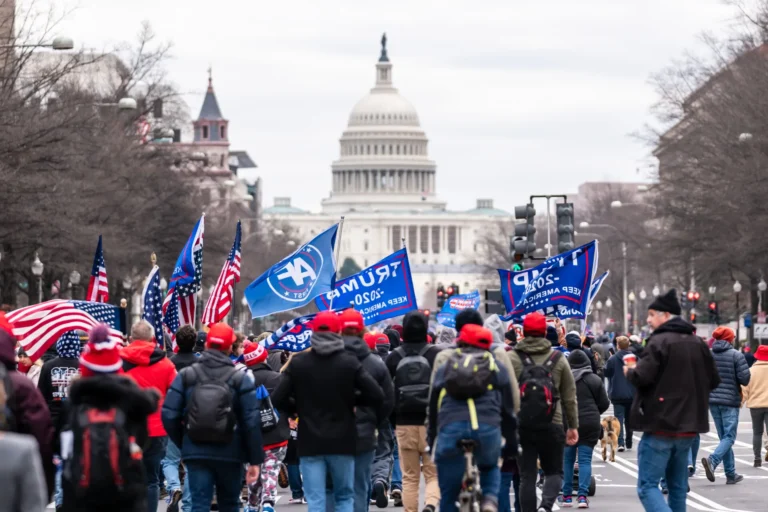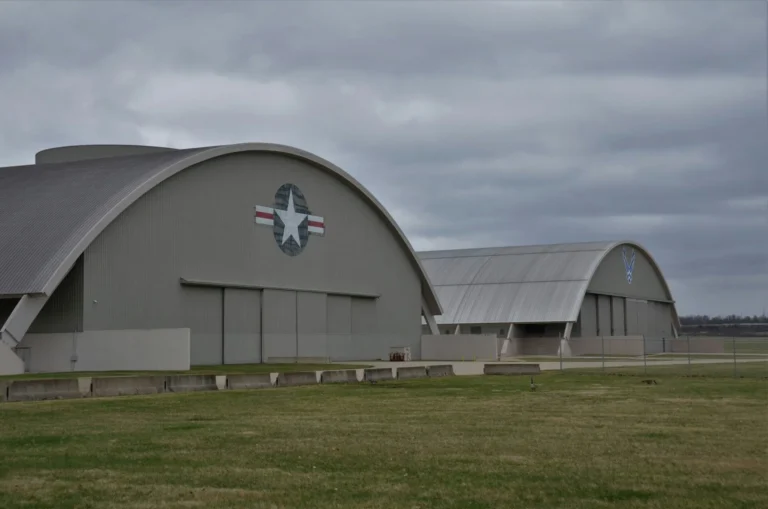Why has thebipartisan 9/11Commission beenignored by the BushWhite House?
9/11 Commissioners Speak of Inaction On ProposalsBy Cliff MontgomeryThough Republicans may tout themselves as the party “tough on terrorists,” they’ve done little to implement programs and technologies that would make the country safer, according to the chairmen of the 9/11 Commission, the independent, bipartisan group which investigated the Sept. 11, 2001 terrorist attacks. Few, if any, investigations have been as exhaustive as the one conducted by the bipartisan National Commission on Terrorist Attacks Upon the United States, commonly known as the 9/11 Commission. Between the time the panel was created on Nov. 27, 2002–when President Bush signed the commission into law–and the release of its final report on July 22, 2004, 80 staff members reviewed more than two and a half million documents and interviewed more than 1,200 people in 10 countries.Additionally, the 10 commissioners heard from 160 witnesses during 19 days of public hearings.The final report runs 567 pages, more than 150 of which are notes in exceedingly small type, lest readers have any questions about the material or the breadth of the commissioners’ sources. It still became a bestseller when out in print, despite both its heft and being available for free over the Internet.Desire to discuss these events, as well as the problems here and overseas which led to them, are clearly important in the eyes of the real leaders of this democracy, the American people. So why aren’t their representatives, on either side of the Washington aisle, doing more to put the 9/11 Commission’s recommendations into place?Former New Jersey Republican Gov. Thomas Kean and former Democratic Rep. Lee Hamilton, who co-chaired the 9/11 Commission, criticized both the Bush Administration and Congress during a speech in Washington on Sept. 11th, 2006, the fifth anniversary of the attacks.”I just want to see a sense of urgency brought to all of this,” Hamilton said. “We’ve got a lot of big debates in this city and in this town and the country, but homeland security [is] at the top of the list.”Kean added, “The basic point is, to me, that five years later…there is still so much left undone that ought to be done.”Kean also said that what worries him most is a terrorist with a nuclear device, pointing out that “there are about a hundred sites that have enriched uranium around the world,” but are not yet fully secured.”If you ask me what I think the president and the Congress and everybody else ought to be concentrating on, it’s not solving this problem…in 14 years; it’s solving it in the next two or three years and getting these sites secured and making that a real priority, because I think that is probably the greatest danger this country faces.”Kean and Hamilton also pointed out that first responders still do not have access to enough spectrum for emergency communications to talk to one another across jurisdictions.”Where in the world have we been for five years?” Hamilton asked. The government is expected to give emergency responders access to more spectrum in 2009. Kean, however, replied it is likely that the country will face another disaster and lives will be lost before that time.Kean further pointed out that the “most elementary” recommendations from the commission still have not been implemented by Congress, such as distributing homeland security grants based on risk.The two also discussed the need for more advanced technology to detect explosives at airports or coming through cargo containers at U.S. seaports; at least the land Security Department is deploying new radiation detectors at the nation’s U.S. seaports, Kean said.Hamilton added, however, that it currently takes too long to move technology from government labs to airports. He noted that one of the latest threats is from liquid explosives, but said the Bush Administration has known about that threat for years.”I’m frustrated here because we’ve not been nearly quick enough in getting these detection devices of all kinds and descriptions in place,” Hamilton said, despite “an enormous amount of research…being done, a lot of money being spent, a lot of private businesses competing for contracts now.”Both also agreed that commercial airplanes should be equipped with technology to counter shoulder-fired missiles. “We surely should have that,” Hamilton said. land Security is currently exploring technology for the effort.Kean said he has not heard any candidate for Congress this year say they oppose any of the commission’s recommendations.To Kean, this of course begs the question: “If everybody in Congress is for [all the] recommendations, what happened? How come they’re not passed?”





